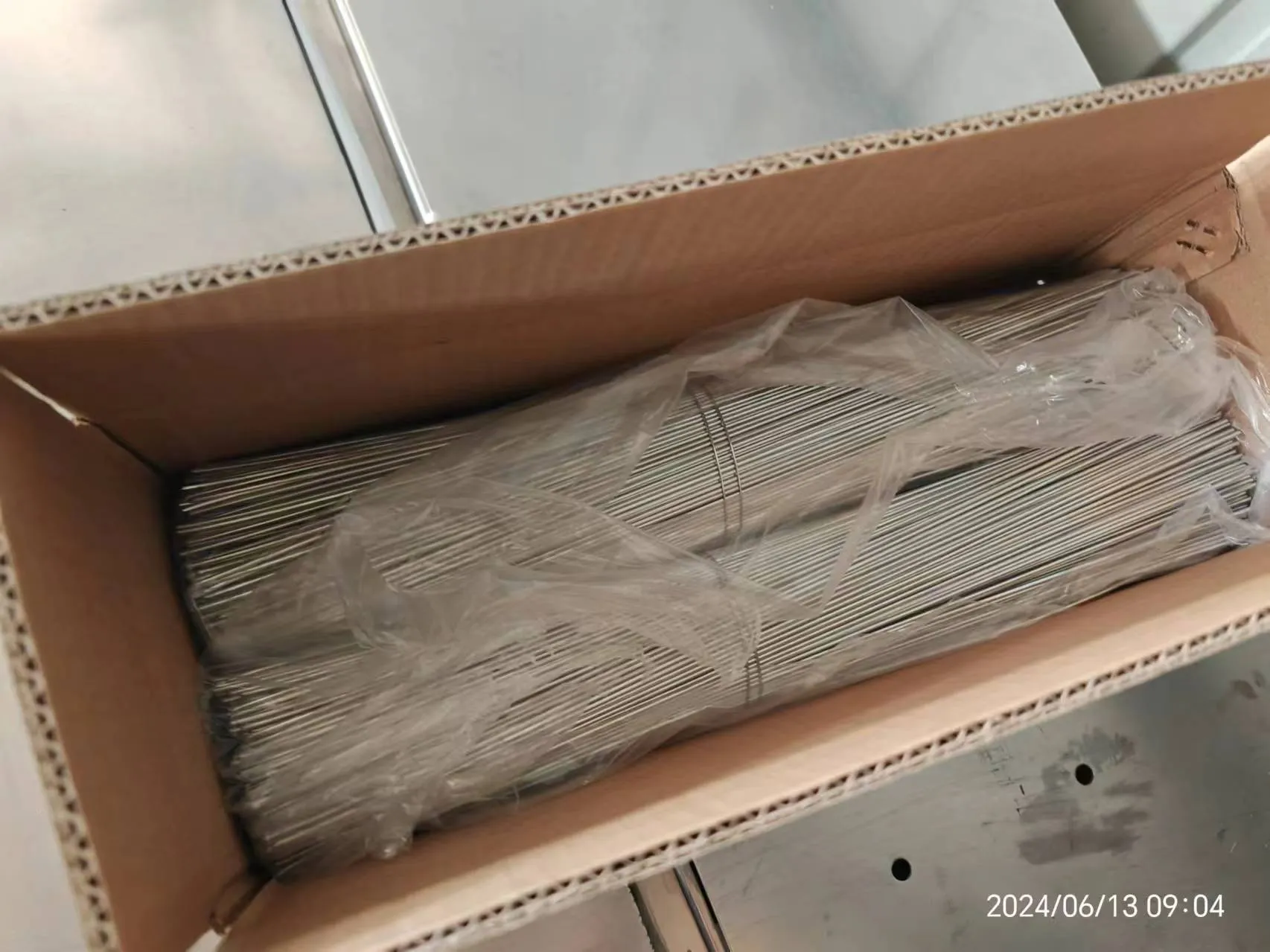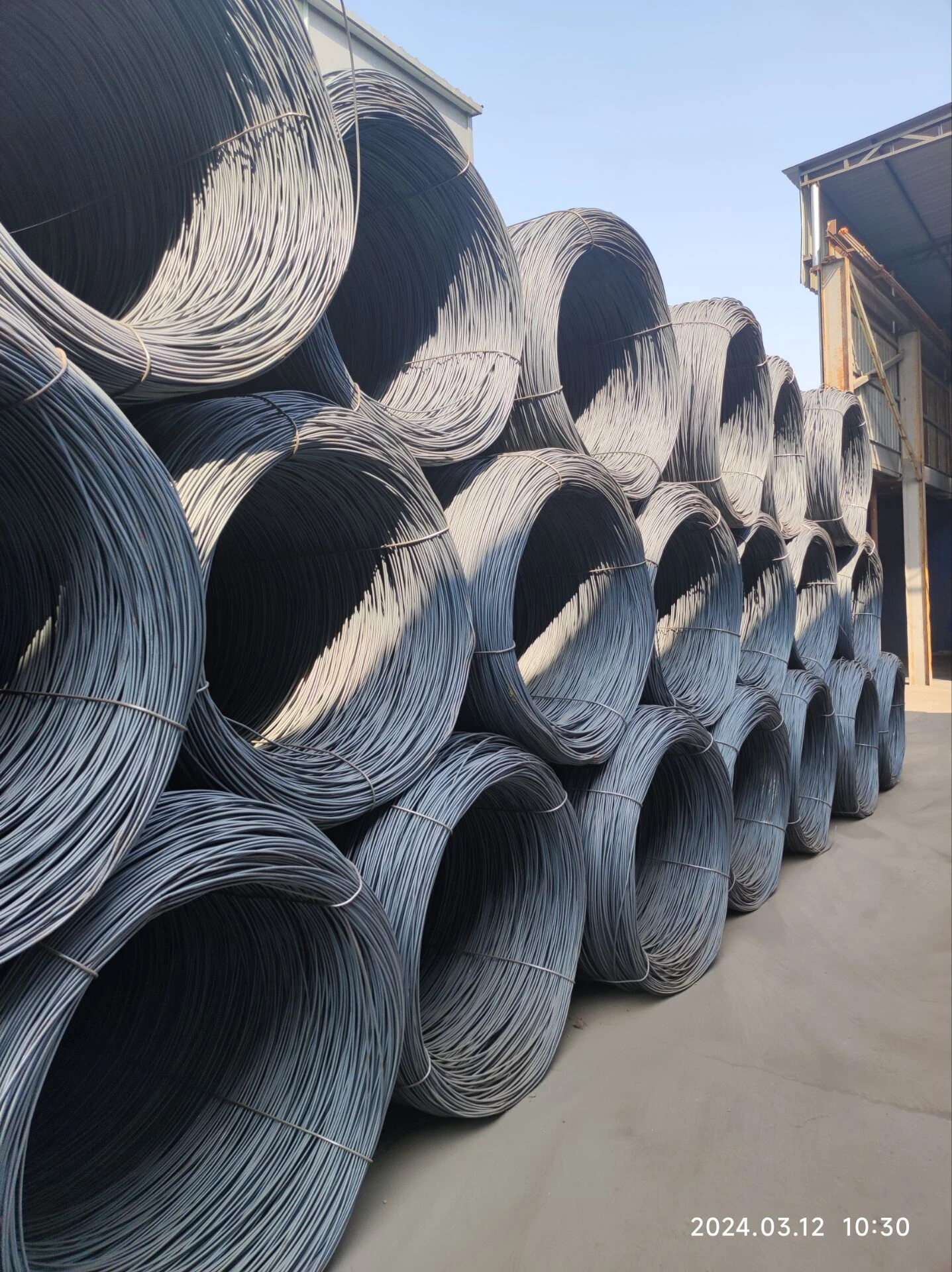

For those seeking a high degree of customization, expanded metal mesh offers a unique solution. Produced by cutting and stretching a sheet of metal to create diamond-shaped openings, it provides excellent strength-to-weight ratios and is frequently used in walkways, platforms, and architectural facades. Its open area and non-slip properties are particularly beneficial in industrial settings where safety is a priority. When selecting expanded metal mesh, consider factors such as strand thickness and pattern size to align with both structural and aesthetic requirements. Selecting the right mesh type is not just about understanding the material and its physical properties. Industry standards and certifications can play a crucial role in ensuring the mesh you choose is fit for purpose. For instance, compliance with ASTM and ISO standards can be a benchmark for quality and reliability, particularly in safety-critical applications. Lastly, purchasing mesh wire from reputable manufacturers and suppliers is critical to maintaining trust and credibility in your projects. Well-established suppliers often provide certifications and testing documentation, reinforcing the mesh’s authenticity and performance attributes. Additionally, their expertise can offer valuable insights into the latest advancements in mesh technology, further enhancing the effectiveness of your application. Choosing the right type of mesh wire for your project involves a nuanced understanding of both technical specifications and practical applications. By leveraging industry expertise and prioritizing quality, you can ensure your projects benefit from the best mesh solutions available.

















